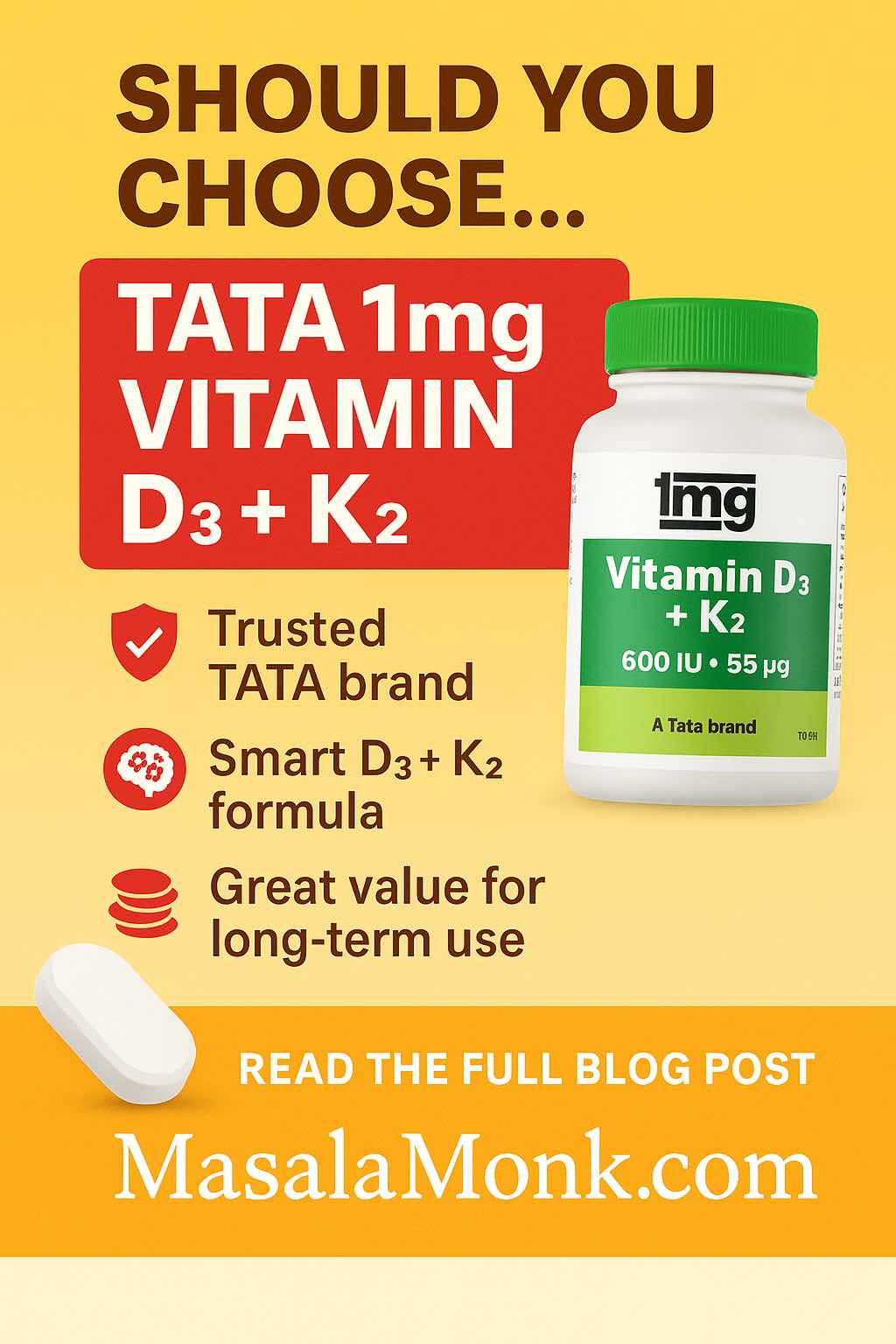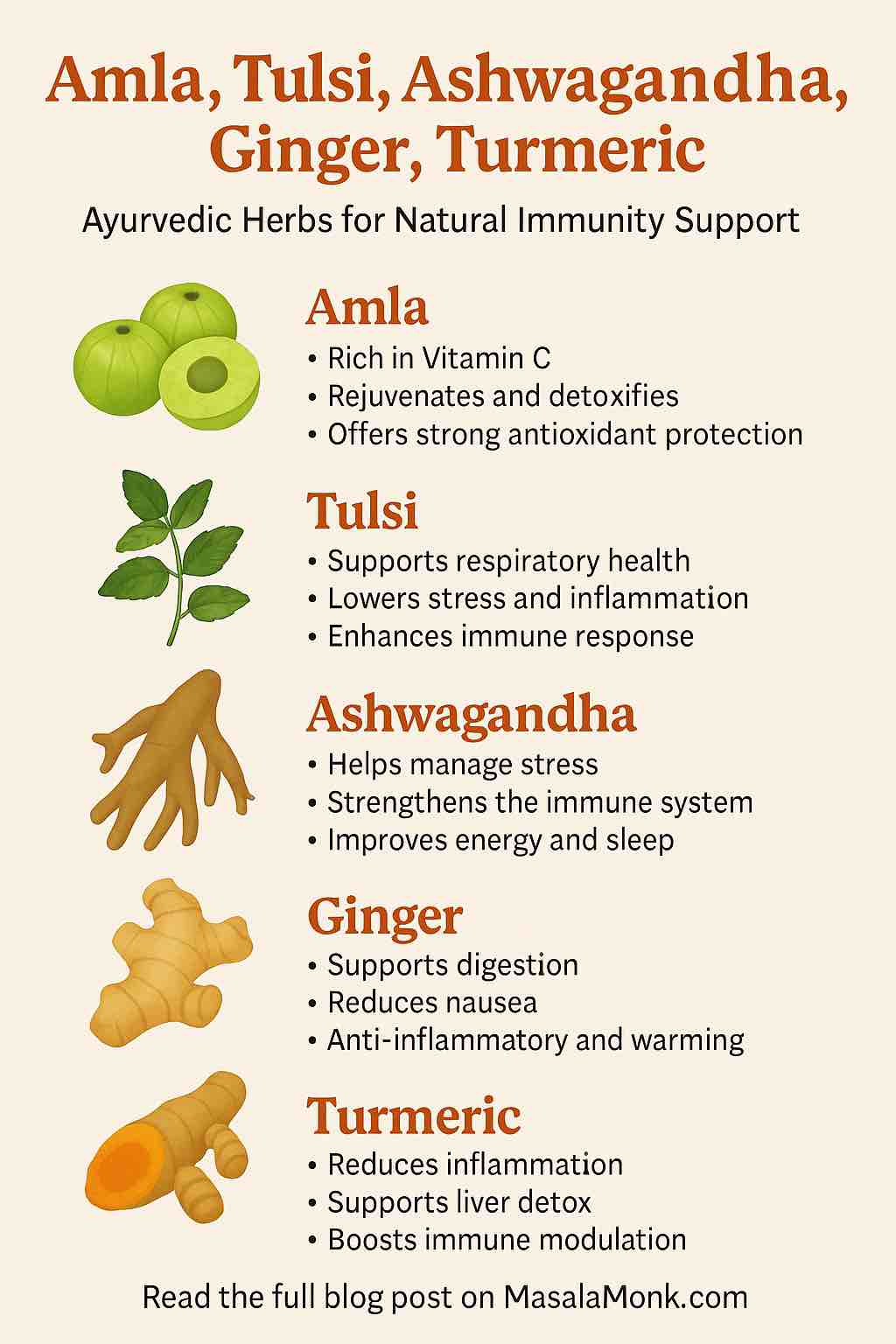
🌞 Why Vitamin D Deficiency Is India’s Silent Epidemic
If you think Vitamin D deficiency is only a “Western problem,” think again.
In fact, studies show that up to 70–90% of Indians are deficient in Vitamin D — despite living in a sun-rich country. Urban lifestyles, sunscreen use, and long hours indoors mean our bodies are not producing enough of this crucial hormone-like vitamin.
The result?
- Weaker bones and joints
- Lower immunity
- Fatigue, mood swings, even depression
- And yes, an increased risk of cardiovascular issues if left unchecked
- Do read 14 Signs of Vitamin D Deficiency
Now, Vitamin D alone isn’t the whole story. To fully reap its benefits, you also need Vitamin K₂ — which ensures calcium gets deposited in bones, not arteries. (We’ve written about this fascinating connection here: Calcium, Vitamin K2 and Vascular Calcification).
That’s where Tata 1mg’s Vitamin D₃ + K₂ (MK-7) comes in.
💊 What Exactly Is Tata 1mg Vitamin D₃ + K₂ (MK-7)?
This supplement is designed as a daily maintenance dose of Vitamin D₃ and Vitamin K₂. Here’s the breakdown:
| Feature | Details |
|---|---|
| Form | Tablet |
| Dosage | 600 IU Vitamin D₃ + 55 mcg Vitamin K₂ (MK-7) |
| Source | 100% vegetarian, lichen-derived D₃ |
| Pack Options | 60 tablets ( |
| Brand | Tata 1mg — a trusted Indian healthcare name |
| Affiliate Link | 👉 Check price and buy on Amazon |
It’s a clean, vegetarian-friendly formula made for long-term wellness. It also features on Top-Rated Vitamin D Supplements Available on Amazon India.
✅ Why People Are Choosing This Supplement
1. Backed by Tata Trust
In India, the Tata name is synonymous with trust and transparency. Their healthcare wing, Tata 1mg, ensures that what you’re consuming is rigorously tested and safe.
2. Smart Combo: D₃ + K₂
Unlike standalone Vitamin D supplements, this product avoids the common pitfall of calcium misplacement. With K₂ (MK-7), it directs calcium into bones and teeth instead of arteries.
We’ve explained why this combo is a game-changer here: The Connection Between Calcium, Vitamin K2, and Vascular Calcification.
3. Vegetarian & Allergy-Safe
With lichen-derived D₃, this formula is vegan and vegetarian-friendly — perfect for Indian diets.
4. Affordable Long-Term Option
At around ₹489 for 120 tablets, this works out to just ₹4 per day — making it one of the most economical daily health investments.
👩⚕️ But Is It for Everyone?
Not quite.
- If you have severe deficiency (say, blood levels <10 ng/ml), you may need higher IU doses initially, prescribed by a doctor.
- If you’re already taking calcium or fish oil supplements, you’ll need to ensure proper balance. For example, if you’re considering fish oil, check out our deep-dive: Best Fish Oil Supplements on Amazon India.
- People on blood thinners should be cautious, as Vitamin K₂ may interact with their medication.
📢 What Are Real Users Saying?
On Amazon and Flipkart, feedback has been mostly positive:
- ⭐⭐⭐⭐ “Better energy, improved sleep, less stress.”
- ⭐⭐⭐ “Good for bones, though mild rash in one case.”
So, while most users find it effective for maintenance, isolated side effects remind us that supplements are never one-size-fits-all.
🍲 Can You Get Vitamin D from Food Alone?
The truth is: food alone is rarely enough.
Yes, fatty fish, egg yolks, and fortified foods do help — but to match the daily requirement, you’d need to eat unrealistic amounts daily.
That’s why supplementation becomes necessary, especially for urban Indians. For more natural options, we’ve put together this guide: Food Sources of Vitamin D.
⚖️ Pros & Cons at a Glance
Pros
- Trusted Tata brand
- Smart D₃ + K₂ combo
- Vegetarian friendly
- Budget-friendly for long-term use
Cons
- Not strong enough for severe deficiency
- Some mixed reviews (though mostly positive)
- May interact with certain medications
💡 How to Use It Best
- One tablet daily, preferably with meals containing healthy fats (like nuts, milk, or ghee).
- Pair with a balanced diet and (if possible) morning sun exposure.
- Always check with your doctor if you’re already on calcium, blood thinners, or other medications.
🏆 Final Verdict
For most Indians with mild to moderate Vitamin D deficiency or those seeking long-term daily maintenance, Tata 1mg Vitamin D₃ + K₂ (MK-7) is a smart, safe, and affordable choice.
It won’t fix severe deficiency overnight, but it can absolutely help you protect your bones, strengthen your immunity, and safeguard your heart health in the long run.
👉 Affiliate Link: Check Tata 1mg Vitamin D₃ + K₂ on Amazon
🔗 Related Reads on MasalaMonk
- Top-Rated Vitamin D Supplements Available on Amazon India
- Best Fish Oil Supplements on Amazon India
- The Connection Between Calcium, Vitamin K₂, and Vascular Calcification
- Food Sources of Vitamin D
- Vitamin D Deficiency and Skin Health
FAQs for Tata 1mg Vitamin D₃ + K₂ (MK-7) Blog Post
1. What makes Tata 1mg Vitamin D₃ + K₂ unique compared to other supplements?
Tata 1mg is a trusted Indian healthcare brand known for quality and affordability. Their Vitamin D3 + K2 MK-7 supplement combines the two essential nutrients in the right proportion for better bone health, calcium absorption, and heart protection.
2. Why is Vitamin K₂ added to Vitamin D₃?
Vitamin D₃ helps absorb calcium, but Vitamin K₂ ensures calcium is directed to bones and teeth instead of arteries. This synergy reduces the risk of arterial calcification while improving bone density.
3. Who should consider taking Tata 1mg Vitamin D₃ + K₂?
It’s especially beneficial for people with limited sun exposure, vegetarians, women after 30, elderly individuals, or anyone experiencing fatigue, weak bones, or muscle weakness due to Vitamin D deficiency.
4. How does Tata 1mg Vitamin D₃ + K₂ compare with Vlado’s or Pure Nutrition?
Tata 1mg focuses on accessibility and affordability while still delivering clinically effective doses. Vlado’s offers higher IU per serving for those with severe deficiency, whereas Pure Nutrition emphasizes a natural/plant-based formulation.
5. Is Tata 1mg Vitamin D₃ + K₂ safe for long-term use?
Yes, when taken at the recommended dosage, it is safe. However, prolonged excessive intake of Vitamin D3 supplements should only be done under medical supervision to avoid hypercalcemia.
6. Can vegetarians take Tata 1mg Vitamin D₃ + K₂?
Yes, the supplement is vegetarian-friendly, making it suitable for those who avoid animal-based gelatin capsules.
7. How long does it take to see results with this supplement?
Most people notice improved energy, immunity, and reduced joint/muscle pain within 6–8 weeks, depending on deficiency levels and consistency.
8. Does it help with immunity as well?
Absolutely. Vitamin D plays a key role in immune system regulation, reducing the risk of infections and supporting overall wellness.
9. Can Tata 1mg Vitamin D₃ + K₂ be taken with other supplements like calcium or fish oil?
Yes. In fact, it pairs well with calcium for bone health and with omega-3 (fish oil) for cardiovascular benefits. (Link here to Best Fish Oil Supplements on Amazon India).
10. Where can I buy Tata 1mg Vitamin D₃ + K₂?
You can purchase it conveniently on Amazon India through this affiliate link. Always ensure you’re buying from a trusted seller to avoid counterfeits.










